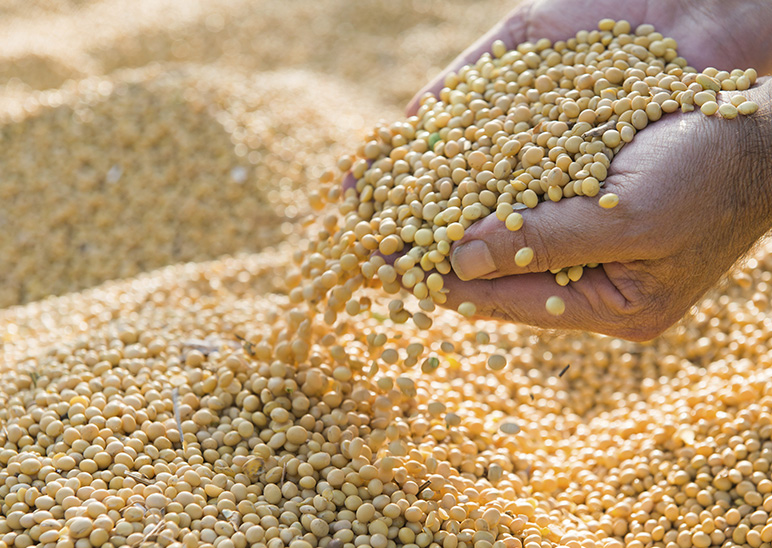Policymakers frustrate agri-value chains—Study
A study by the Agriculture Policy Research Africa (Apra) has established that progress towards establishing structured markets for crops has stalled in the country because some policymakers are profiting from the impasse.
The study titled Moving Up Or Out? The Political Economy of Agricultural Value Chains and Commercialisation in Africa laments that some policymakers are also involved in exporting their share of crops through shady deals.

It was conducted in six countries Ethiopia (rice), Ghana (oil palm and cocoa), Malawi (groundnuts), Nigeria (maize, cocoa and rice), Tanzania (rice and sunflower) and Zimbabwe (tobacco and maize).
The study has since been jointly analysed by Professor Blessings Chinsinga of the University of Malawi and social scientist Lars Otto Naess of the Institute of Development Studies.
Reads part of the analysis: “In the case of Malawi, the groundnut value chain has experienced notable recovery in terms of productivity, but remains primarily informal and struggles to re-enter the lucrative and formal global export markets.
“Progress towards the possibility of establishing structured markets has stalled completely, perhaps because the results show that some policymakers are profiting from the impasse, with some exporting their share of crops through shady deals.”
The study said this explains why the recent condemnation of the informal groundnuts export trade coordinated and dominated by the Burundians, does not translate into any concrete policy action to dismantle or regulate it.
It adds that the nature of a country’s political settlement matters in either facilitating or hindering a value chain’s prospects for developing its full potential.
It notes that the more a value chain is amenable to profitable rent extraction, the more likely it will be captured by key elites for personal and political gains.
The analysis puts to test the move by President Lazarus Chakwera’s administration to establish export mandates and create new markets that has already resulted in a surge in proceeds for non-traditional crops, including groundnuts and soya beans.
In September, Malawi Investment and Trade Centre (Mitc) board chairperson Karl Chokotho said they received trade inquiries from South Sudan, India, Zimbabwe, Japan, China, Mozambique and Tanzania, among others, for the country’s non-traditional crops such as legumes.
Legumes Development Trust manager Sangwani Makoko also called for the formation of cooperatives as it would be easier to value-add, saying even if farmers produce individually, they should be able to aggregate and sell in groups to earn better prices.
In an earlier interview, Minister of Agriculture Lobin Lowe asked policymakers to pursue policies and strategies that will help to address challenges the agriculture sector is facing and help develop resilience.
He said there are problems such as climate change that are affecting contributions of the agricultural sector towards Malawi’s development agenda, adding his ministry is eager to pursue policies that focus on transforming smallholder farming.
Developments in the legume sector, however, as evidenced by better prices this year such as soya beans which raked in a record K650 per kilogramme (kg), up from an average K250/K300 per kg in previous years, signal a positive future for legumes in comparison to tobacco.





